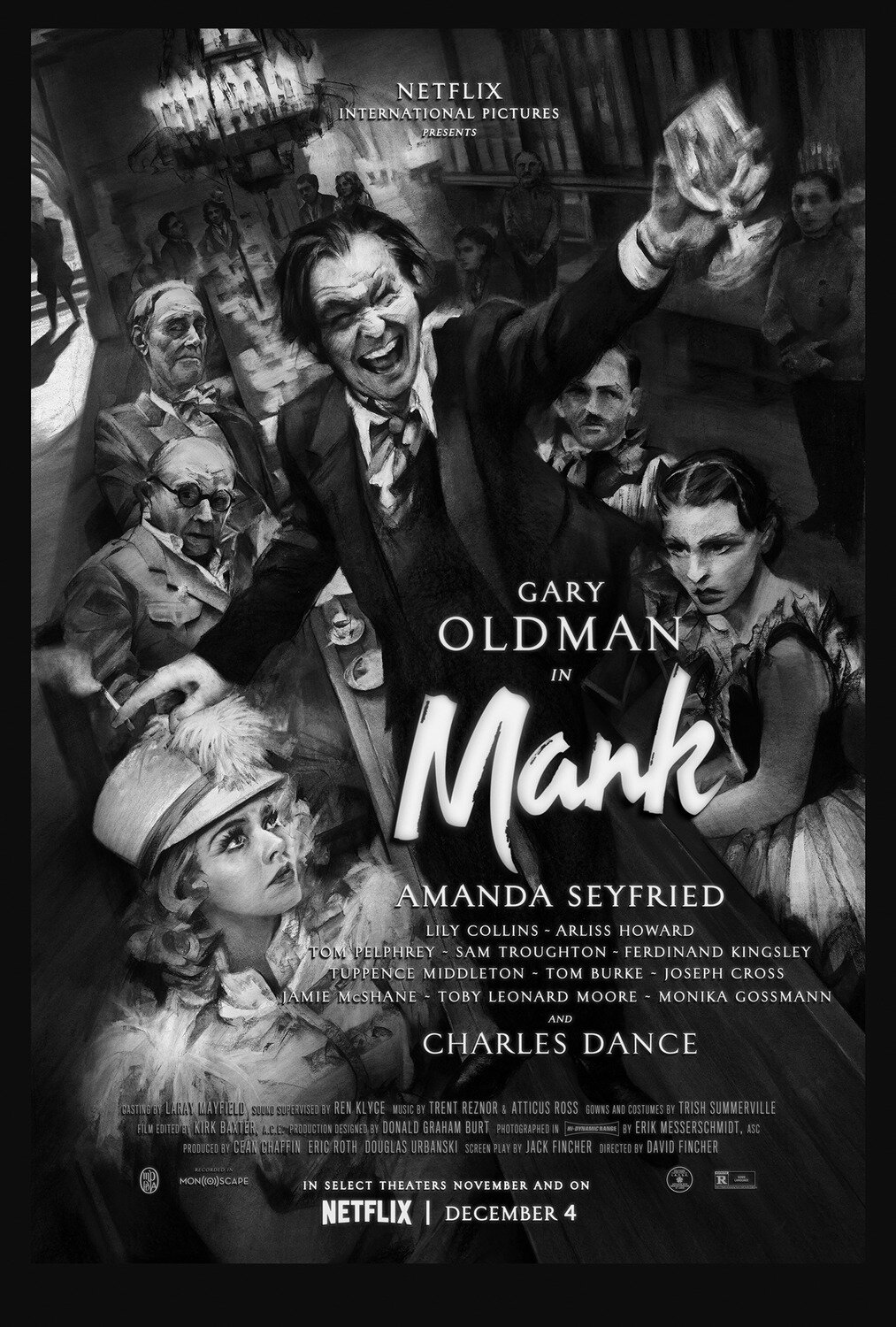Movie Review : Minari (2020)
* Follow me on: Facebook - Twitter - Instagram *
Even if they usually don’t fit the tone of the site, it’s been somewhat of an annual tradition on Dead End Follies to review Academy Award Nominees for Best Picture before the ceremony. I only managed to review them all once (2018), but I find it important to understand what’s considered top notch commercial cinema, year in, year out. This is how I ended up watching (and reviewing Lee Isaac Chung’s movie Minari, which is… fine, I guess?
While it was technically and narratively sound, it really felt like a movie that didn’t want to be watched by people like me either. We had some kind of thematic resentment.
Minari tells the story of the Yi family, Korean immigrants in the U.S who move to Arkansas in order to cultivate Korean produce and live the American dream. Well, it is Jacob (Steven Yeun)'s dream. His wife Monica (Han Ye-Ri) and their two kids seem to resent the shit out of his idea, but they follow him because it’s 1983 and the eighties were serious father-knows-best years. But guess what? Life is pretty rotten for farmers who don’t know what they’re doing.
An American movie
I’ll repeat it: Minari was fine. It tells an original, somewhat heartwarming story in an original way. It’s also a great cautionary tales for city dwellers who nurture a simple life fantasy. Farming land is back breaking work and it demands as much thoroughness and discipline as it demands expertise. When Jacob starts struggling with his water supply halfway through the movie, I was like : a little fucking late in the game, idiot. Your entire crops is in danger now.
I don’t get joy in seeing novice farmer fail. Not when they put their entire life savings into a poorly planned project. Not when their entire family suffers from it. That makes me dislike the protagonist for not having his priorities straight and making the people who love him suffer for something he didn’t plan properly. But Minari wanted me to like Jacob. Because he’s a dreamer and he’s going through tremendous suffering in order to create a better life for his family.
That’s what bugged me about Minari. It’s a thoroughly American movie that happens to have Korean protagonists. I don’t doubt that Korean immigrants moved to the American Midwest in order to seek the American dream, but within the context of Minari you swap the Yi family for… let’s say the Johnson family and the movie is more or less the same. It’s an American settler movie. The Korean immigration experience is kind of accessory to what’s going on.
The new Oscars
Last year, a Korean movie won the Oscar for Best Picture. I thought Parasite was, by far, the best film in competition, but it is usually never the best movie that wins. It’s the one that represents what the Academy is about best. But the Academy changed since it awarded its most prized statuette to Barry Jenkins’ Moonlight in 2017 (which I also thought was the best film in competition). It became more of a meritocracy than a political game.
So it begs the question: what does Minari do that is extraordinarily beautiful or pertinent? The contemporary spin off the American settler myth will definitely hit a sensitive chord with the Academy. I also really loved how sunny and colorful it was, given the somewhat tragic nature of the story. Rain is an overrated piece of symbolism. You don’t need to be knee deep in the mud in order to have a shit day in the field. In Minari, it’s the opposite.
The only other Oscar Nominee I’ve seen so far is Promising Young Woman and while it kicks Minari’s ass in my book, it’s movie that speaks of something I understand much better: anger and emotional turmoil. That’s what I mean when I say Minari wasn’t meant for me. It’s a bright, sunny film about how there is always something to be hopeful for. It’s not exactly aligned with my values. It’s fine, though. I was not supposed to be moved by it.
Maybe you will. I just thought it was… fine.
6.7/10





